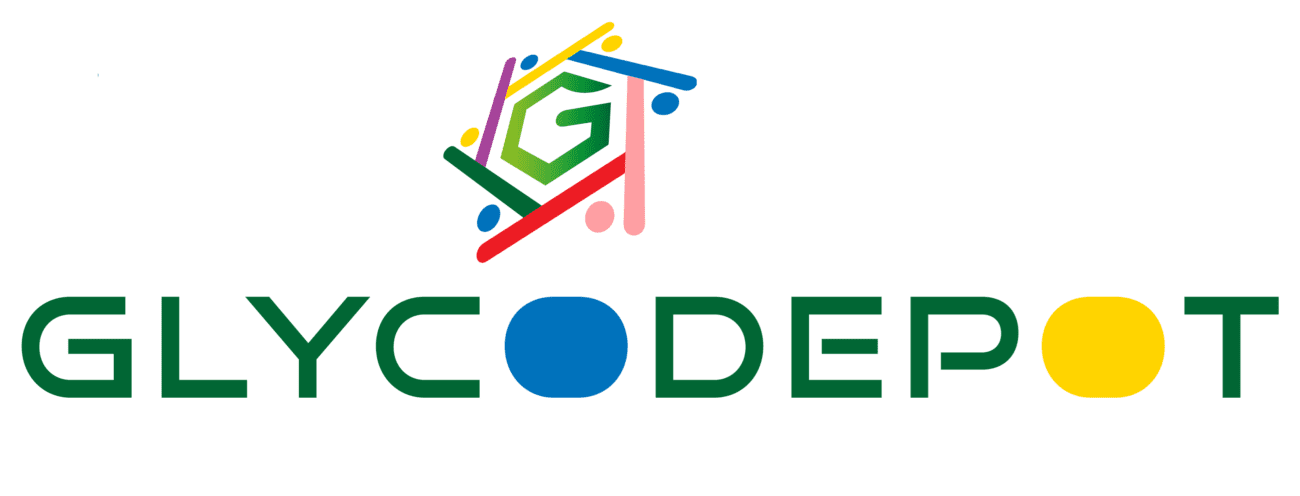3,4-Di-O-acetyl-D-fucal is a chemically synthesized carbohydrate derivative, specifically a glycal precursor used in carbohydrate and glycoside synthesis. It is derived from fucose by acetylation of the hydroxyl groups at positions 3 and 4, and features a double bond in the sugar ring characteristic of glycals. This compound serves as a versatile intermediate for stereoselective synthesis of glycosides and related derivatives, aiding research in glycoscience and medicinal chemistry. It facilitates the formation of 2-deoxyglycosides in palladium- or copper-catalyzed reactions, allowing the construction of complex sugar molecules with high specificity. Due to its role as a synthetic building block, it is widely used in biochemical, pharmaceutical, and organic synthesis research to study carbohydrate interactions, structure-activity relationships, and to develop novel therapeutics. It appears as a white crystalline solid with high purity, and is supplied under strict quality control for research applications.
IUPAC Name
- (2S,3R,4S)-4-Acetoxy-2-methyl-3,4-dihydro-2H-pyran-3-yl acetate
Appearance
Source
- Chemically synthesized from fucose derivatives through selective acetylation and elimination reactions
Molecular Weight and Structure
- Molecular formula: C10H14O5
- Molecular weight: 214.22 g/mol
- Structure: Glycal with di-O-acetyl groups at positions 3 and 4, featuring a pyranose ring with a double bond (unsaturation)
- SMILES: CC(O[C@@H]1C@HC@HOC=C1)=O
Sugar Specificity
- Specific to fucose analog pathway as a glycal derivative
- Acts as a glycosyl donor precursor in synthesis of deoxyglycosides
Biological Activity
- Used primarily as a synthetic intermediate rather than a bioactive compound
- Indirectly supports biological research by enabling synthesis of bioactive glycosides and pharmaceuticals
Purity and Microbial Contamination
- Purity ≥95% confirmed by 1H-NMR or HPLC
- Typically free from microbial contamination owing to chemical synthesis and high purity standards
Identity and Quality Control
- Verified by NMR spectroscopy, HPLC, and mass spectrometry
- Supplied with Certificates of Analysis confirming chemical identity and purity
- Melting point generally reported around 46-48°C
Shelf Life and Storage
- Store at -20°C to maintain stability
- Stable for 1 year or more under recommended storage conditions
- Protect from light and moisture, avoid repeated freeze-thaw cycles
Application
- Key precursor in palladium- and copper-catalyzed stereoselective synthesis of 2-deoxyglycosides
- Widely used in carbohydrate chemistry, glycoside synthesis, and medicinal chemistry research
- Supports development of novel carbohydrate-based drugs and biochemical tools
Key Characteristics
- Glycal derivative with acetyl groups at 3 and 4 positions on D-fucal
- CAS number 54621-94-2
- White crystalline solid with molecular weight 214.22 g/mol
- High purity ≥95%, with strict quality control measures
- Essential intermediate for stereoselective glycosylation reactions
- Stable under -20°C storage for extended shelf life
- Supports synthesis of bioactive glycosides and drug candidates
- Integral to carbohydrate synthetic chemistry and glycoscience research
- Used as a starting material for synthesis of 2-deoxyglycosides via metal-catalysis
- Enables precise control over stereochemistry in glycosylation
Citation
- Cayman Chemical: 3,4-Di-O-acetyl-L-fucal
- Synthose product sheet 54621-94-2
- ChemicalBook datasheet
- GLPbio chemical properties
- AABlocks catalog
- PubMed article on glycal applications
- ACS Publications on synthesis
- Sigma-Aldrich related glycal products
- MedChem Express glycal precursor
- Glentham Life Sciences product listing

Reviews
There are no reviews yet.